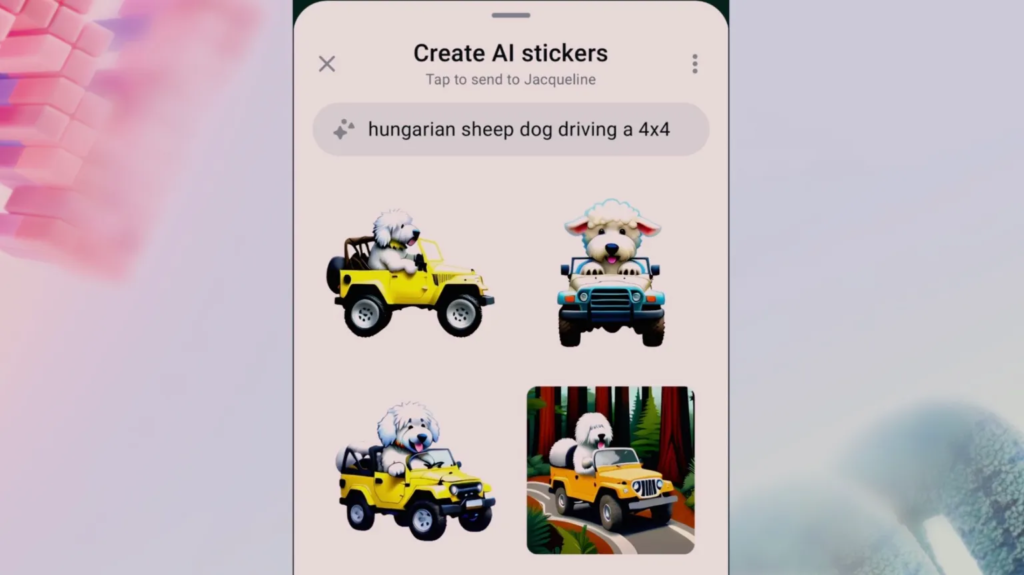Snapchat is a popular app for sharing short videos and images with friends, but can you log in to a single Snapchat account on multiple devices simultaneously? I have asked this question many times over the years, but the answer remains the same: no.
Snapchat Support provided a simple answer to this question on Twitter five years ago, and there has been no official update on the matter since then. Despite numerous attempts by tech reporters and users to find a workaround, no one has been able to successfully log in to a single Snapchat account on multiple devices at the same time. Snapchat’s policy is to limit a single account to one device at a time, and there are no widely-used third-party solutions available.
Here’s a closer look at what you can expect from Snapchat, along with some tips on how to make the most of the app.
The Simplicity of Snapchat
Snapchat is a deliberately limited app, designed to do one thing well: share temporary videos and images. While the app has added features over the years, like filters and product scanning, its core function remains focused on short-form visual content. Even the app’s emojis have specific, limited meanings.
Because of this deliberate simplicity, users looking for more flexibility may want to consider other apps. For video chat, options like Zoom or Google Meet may be more versatile, while Instagram offers similar features to Snapchat for sharing photos and videos.
However, Snapchat’s limitations serve a purpose: they prioritize security. By limiting logins to one device at a time, Snapchat reduces the risk of hacking and other security breaches. The app also doesn’t save voice or video chats, providing an additional layer of privacy.
If you’re a frequent Snapchat user, it’s important to be aware of the app’s security limitations and to share data responsibly both on Snapchat and on other apps. By understanding how the app works and its limitations, you can make the most of the Snapchat experience.









